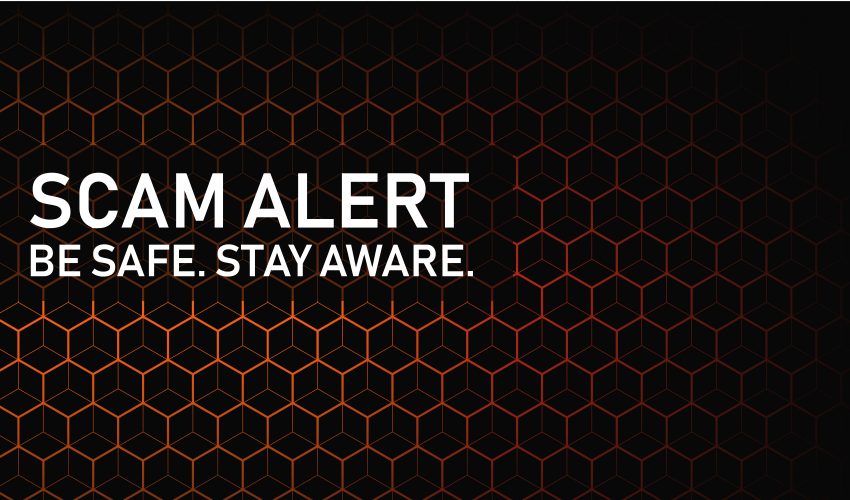April 15, 2020
Today, the Utah Department of Commerce launched a new website aimed at informing Utahns of the latest COVID-19 scams, such as scams involving the federal stimulus package. View the Utah Fraud Squad website here.
Starting this week, most Utahns will receive money as the result of the Coronavirus Aid, Relief, and Economic Security (CARES) Act, a $2 trillion stimulus package providing emergency assistance to the American people, businesses and health care providers amid the response to the COVID-19 outbreak. The package includes a one-time direct cash payment to individuals and families across the country to help them financially weather this crisis.
Unfortunately, the bill’s passage has opened up a brand-new opportunity for scammers to take advantage of vulnerable people during an emergency situation.
Taxpayers should be advised that the Internal Revenue Service will not ask you to pay anything up front to get this money. There are no fees or charges associated with receiving the payment. No one from the federal government will call, email or text message you and ask for your Social Security number, bank account information or credit card number. Anyone who does this is a scammer.
U.S. Treasury Secretary Steven Mnuchin has said the checks will be sent out for people who have been working and paying taxes since 2018. Anyone calling and telling you they can get the check to you sooner is a scammer. We advise you to not answer calls, emails or text messages from phone numbers or email addresses you do not know. Do not click on links from unsolicited emails or text messages. If you do answer a phone call and realize it is not someone you know, just hang up.
The Treasury Department plans to run a public awareness campaign for those who have not filed a tax return for either 2018 or 2019. Information will be posted as it becomes available online on www.irs.gov/coronavirus.
Stay aware of the latest scams by visiting the Utah Department of Commerce Utah Fraud Squad website.
To report scams, call the Utah Division of Consumer protection at 801-530-6601 or 1-800-721-7233, or visit them online at: consumerprotection.utah.gov.
Read the Department of Commerce press release regarding the Utah Fraud Squad website here.


